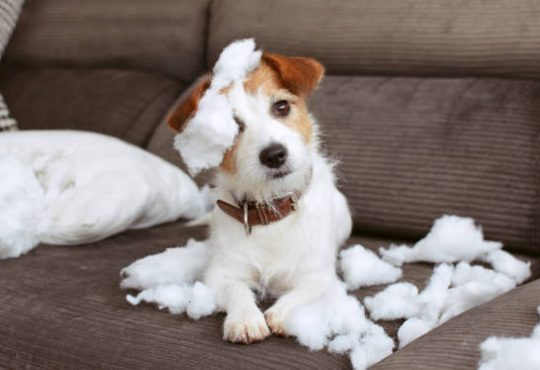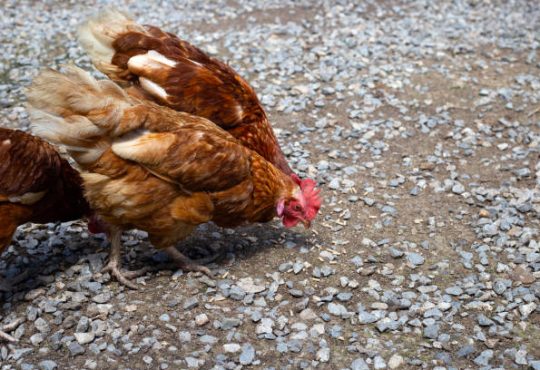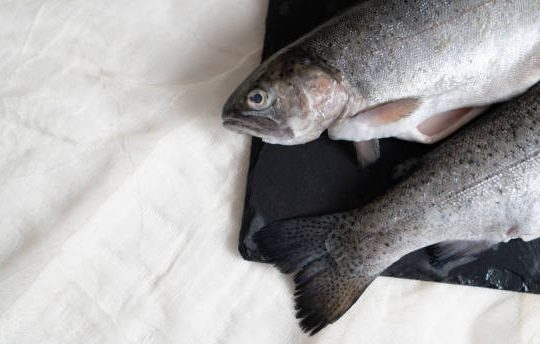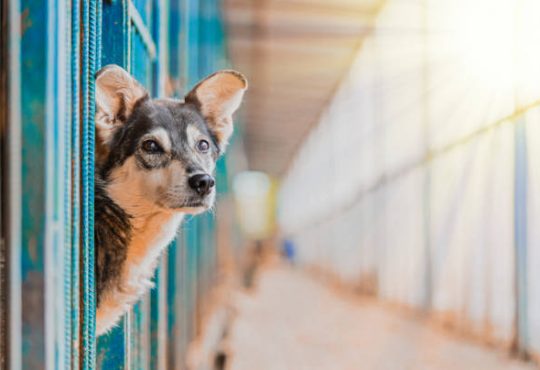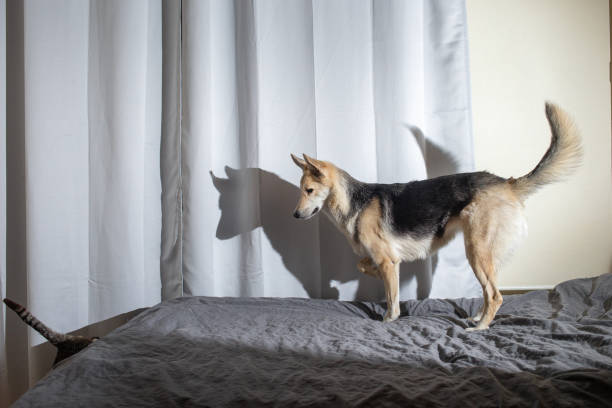
My dog peed on my bed what does this mean
As puppies, they need constant supervision and potty training. You probably didn’t think bedwetting was part of the package. It’s possible you asked yourself, “Why do dogs urinate on beds?” Does it send a message? They are trying to get back at their owner in some way.
In reality, neither is true. Dogs don’t have a vindictive streak, nor do they view pee through a human lens. You may have seen your pet enjoying the smell of the fire hydrant in the neighborhood. Dogs love to smell pee. There are a number of reasons why dogs pee in the bed. How you handle the problem will depend on what is causing it.
Accidents Age-Related
accidents, especially in young dogs, are not uncommon around the home. Your bed is no different. Don’t be surprised when your puppy uses your bed as a toilet. The bed is just as soft as carpets, which are a popular place for accidents.
Your dog may have accidents at night if they sleep on your bed. The bladders of young puppies cannot be held in place through the night. If you don’t wake up and take your dog outside to pee, they will probably only walk as far as the end of your bed.
Senior Dogs are not exempt from accidents. Dogs with incontinence may dribble urine on their bed while they sleep. Cognitive problems may also cause your dog to forget potty training habits. Accidents can happen anywhere, not just on the bed.
Marking with Urine
Some dogs will mark your bed with urine. Dogs don’t mark territory, according to studies. Marking is more like graffiti, which says, “I was there.”
Your dog doesn’t want you to know that the bed is theirs. They are likely to add their scent in a shared space. The sheets are already saturated with our scent. It’s not surprising that dogs would want to add to the mix.
The difference between marking and bathroom behavior is that your dog will release only a small amount of urine rather than emptying its bladder. The tendency to mark is more prevalent in dogs that are still intact. Adolescents who like to test rules may also pee on the bed.
The Health Problems Underlying the Issues
A urinary system infection can be uncomfortable and lead to frequent urine. This makes it hard for your dogs to hold on until they can go outside. A health condition can cause a change in bathroom habits, so visit your veterinarian to rule out this possibility.
Anxiety or Stress
Your dog could also be peeing in the bed due to emotional issues. A scared dog may pee on your bed. However, that fear can also cause an accident. Loud noises, such as fireworks, can cause your dog to lose bladder control. They may also be afraid to leave their bed and go outside.
Separation anxiety can also be a cause for peeing in the bed. When dogs are stressed, they will have accidents around the house. Your mattress may be one of them. The casualties are likely to happen while you’re away from home. You may have accidents when you are preparing to go out because your dog is able to anticipate that they will be alone.
How to stop a dog from peeing on your bed
It’s now time to prevent accidents. First, thoroughly clean all your bedding, including sheets, comforters, and mattresses, with enzymatic urinary cleaner. Any urine smell will encourage your dog to continue the behavior if your dog is confused or mad. If it smells like toilet paper, your dog will assume that it is a toilet.
After your vet gives your dog the all-clear, you can try potty training. Constant supervision will prevent your dog from making mistakes. It would be best if you took your dog to their preferred potty whenever they need to go. This includes after meals. Praise your dog and give tasty treats if they pee in the correct spot. This will encourage them to limit their behavior.
You can use a dog crate, a dog gate, or an exercise pen to prevent your dog from accessing your bed until you are sure it is safe.
Supervise your dog. You can stop them from peeing on your bed by interrupting them calmly. Then, take them immediately to their potty. Reward them when they are done.

